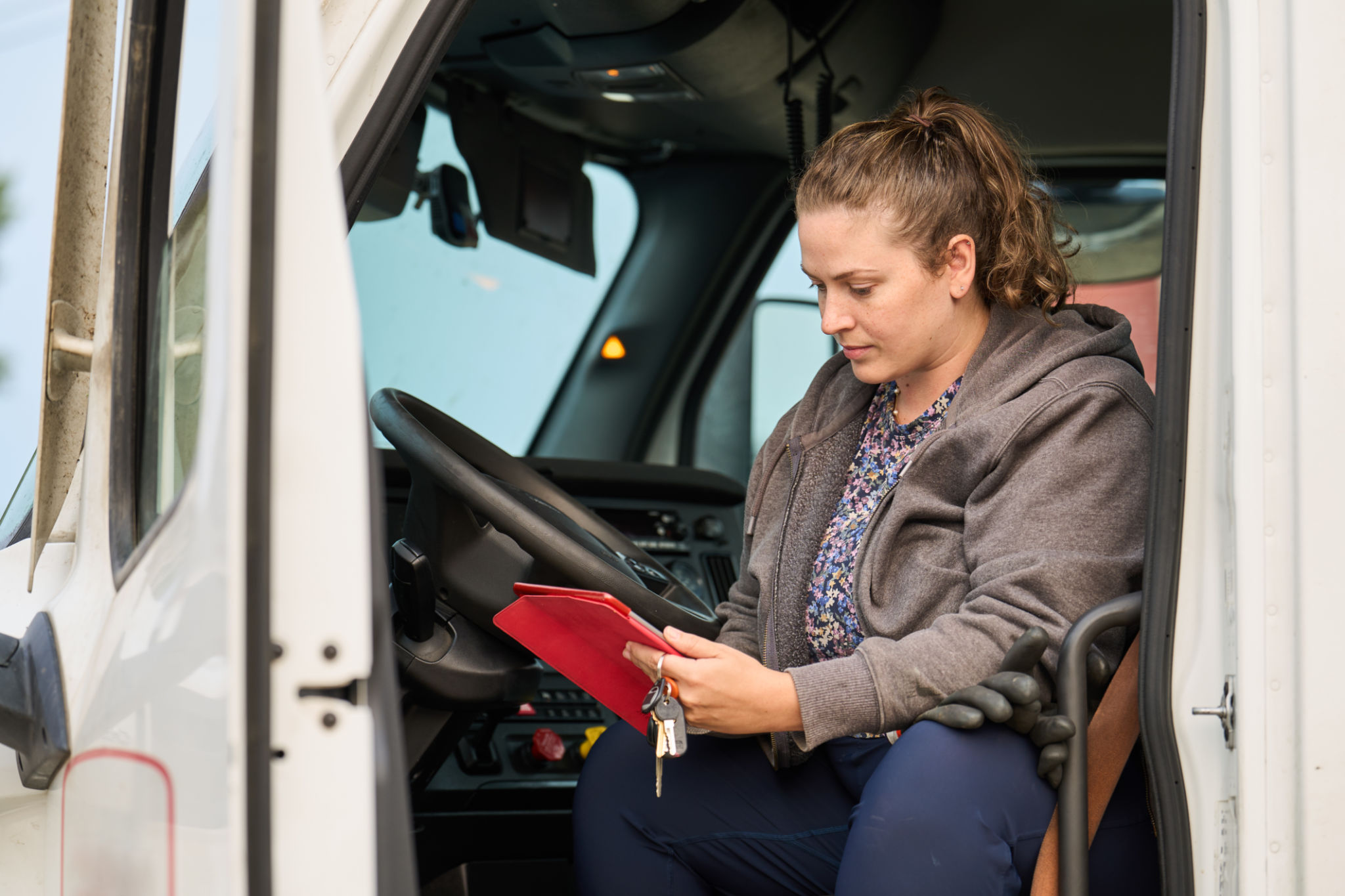Common Misconceptions About the Trucking Industry Debunked
EC
Misconception: Truck Drivers Are Unskilled Workers
One of the most common misconceptions about the trucking industry is that truck drivers are unskilled workers. In reality, being a truck driver requires a unique set of skills and rigorous training. Drivers must obtain a Commercial Driver's License (CDL) and pass various tests to ensure they can safely operate large vehicles. Furthermore, they must be adept at navigating diverse routes, managing time efficiently, and handling unexpected situations on the road.

The Importance of Training and Certification
The process of becoming a certified truck driver is comprehensive. It involves attending a truck driving school, where aspiring drivers learn about vehicle operation, safety protocols, and road regulations. They also undergo practical training to hone their driving skills in various conditions. This detailed training ensures that truck drivers are not only skilled but also knowledgeable about maintaining safety on the roads.
Misconception: The Industry Is Male-Dominated
Another prevalent misconception is that the trucking industry is exclusively male-dominated. While it is true that men have historically comprised the majority of truck drivers, the industry is gradually becoming more inclusive. Women are increasingly joining the trucking workforce, challenging stereotypes and contributing significantly to the industry.

Increased Diversity in Trucking
The rise in diversity is fueled by various initiatives aimed at encouraging women and minorities to consider careers in trucking. Organizations and companies are actively working to create a more inclusive environment, providing support and resources to help individuals from different backgrounds thrive in the industry.
Misconception: Trucking Is an Outdated Industry
The perception that trucking is an outdated industry is far from the truth. The trucking industry is constantly evolving, embracing new technologies to improve efficiency and safety. Innovations such as GPS tracking, automated driving systems, and digital logistics platforms are transforming how trucks operate and goods are transported.

Embracing Technological Advancements
These advancements not only enhance the operational aspects of trucking but also improve the overall working conditions for drivers. Technology helps in reducing downtime, optimizing routes, and minimizing fuel consumption, leading to a more sustainable and efficient industry.
Misconception: Trucking Has No Impact on Everyday Life
Many people underestimate the significant role the trucking industry plays in daily life. Trucks are responsible for transporting goods across vast distances, ensuring that stores are stocked with products ranging from groceries to clothing. Without trucking, the supply chain would face severe disruptions.
The Backbone of Supply Chains
Understanding this crucial role highlights the importance of supporting the trucking industry. It is integral to maintaining the flow of goods and services that people rely on every day. Thus, appreciating the industry's contributions can lead to more informed discussions about its challenges and future developments.
